Editor: 王雅弘 Author: Xu Xinpeng Time: 2025-10-21 Number of visits :21
From July 26 to September 26, 2025, Xu Xinpeng, a 2022 undergraduate student majoring in Atmospheric Science at the College of Earth Sciences, Zhejiang University, participated in a two-month summer research program at the University of Manchester(UoM). He joined the research group led by Professor David Topping and Assistant Professor Zhonghua Zheng from the Department of Earth and Environmental Sciences at the University of Manchester, focusing on research related to urban morphology and climate.
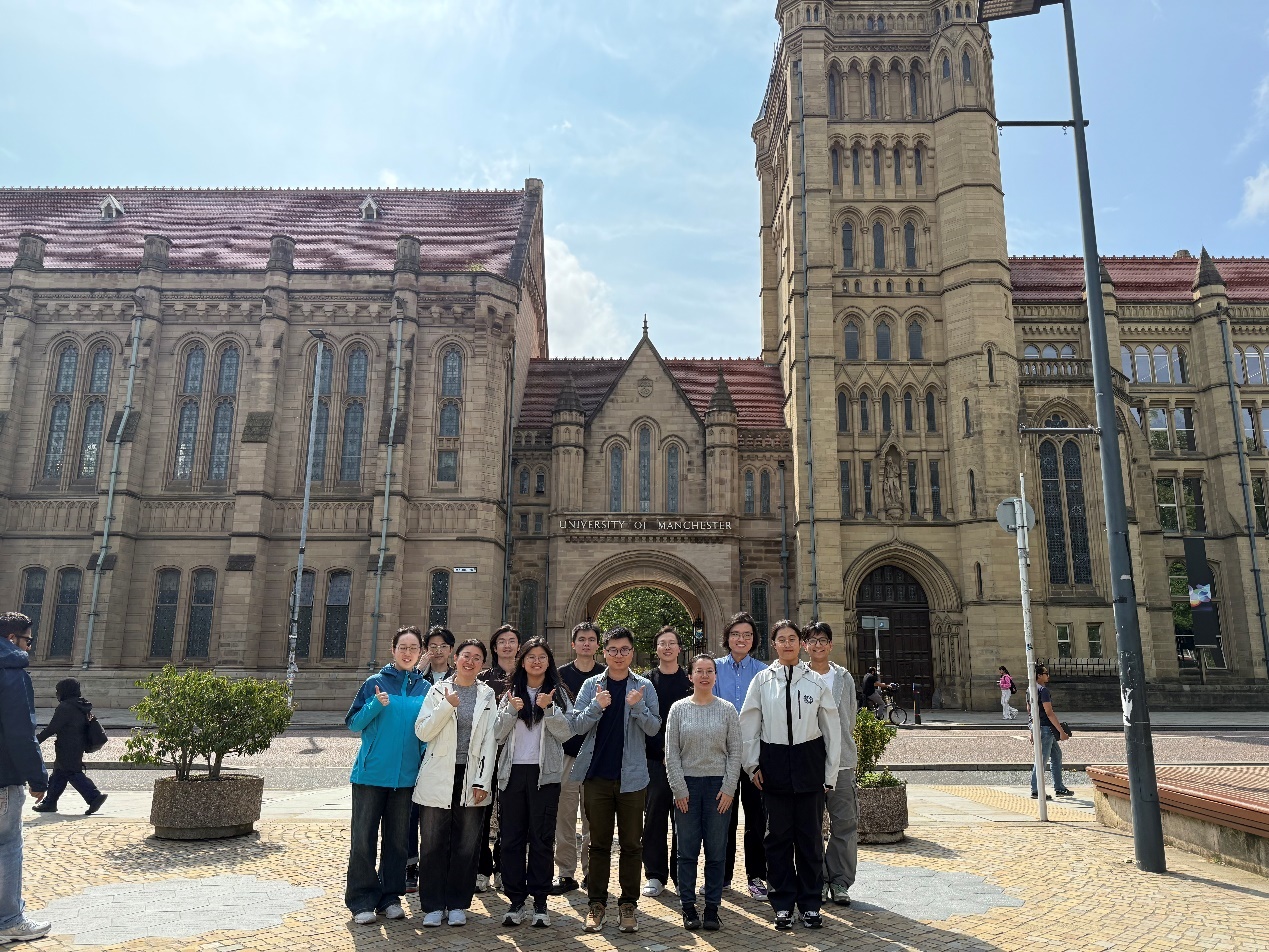
Figure1 Research group photo
The University of Manchester is a founding member of the renowned "Red Brick Universities" in the UK. The School of Earth and Environmental Sciences enjoys a world-class reputation in the fields of energy geology and sustainability research. In particular, the research conducted by the Manchester Urban Institute and the Tyndall Centre for Climate Change Research has a profound impact on global urban environmental and energy transition policies. As a top comprehensive university in China, Zhejiang University has always actively promoted its internationalization strategy and is committed to establishing in-depth cooperation with leading global scientific research institutions. This collaboration not only strengthens the discipline development and academic influence of Zhejiang University in academic fields but also provides a valuable platform to participate in cutting-edge international research projects and master advanced scientific research methods to students.
The research focus of this program was to build a "thermal environment surrogate model" for the Hangzhou area. This was achieved by relying on the University of Manchester's computing cluster, utilizing the CLMU urban land surface model and deep learning. Additionally, the SHAP value method was used to decompose the contributions of urban surface parameters such as "canyon height-width ratio (CANYON_HWR)" to urban thermal environment variables like near-surface air temperature at a 1 km grid scale. This provides new evidence for the refined thermal adaptation planning in the Hangzhou area. In the future, Xu Xinpeng plans to transfer this surrogate model to other cities to improve its universality and further implement the relevant research results.
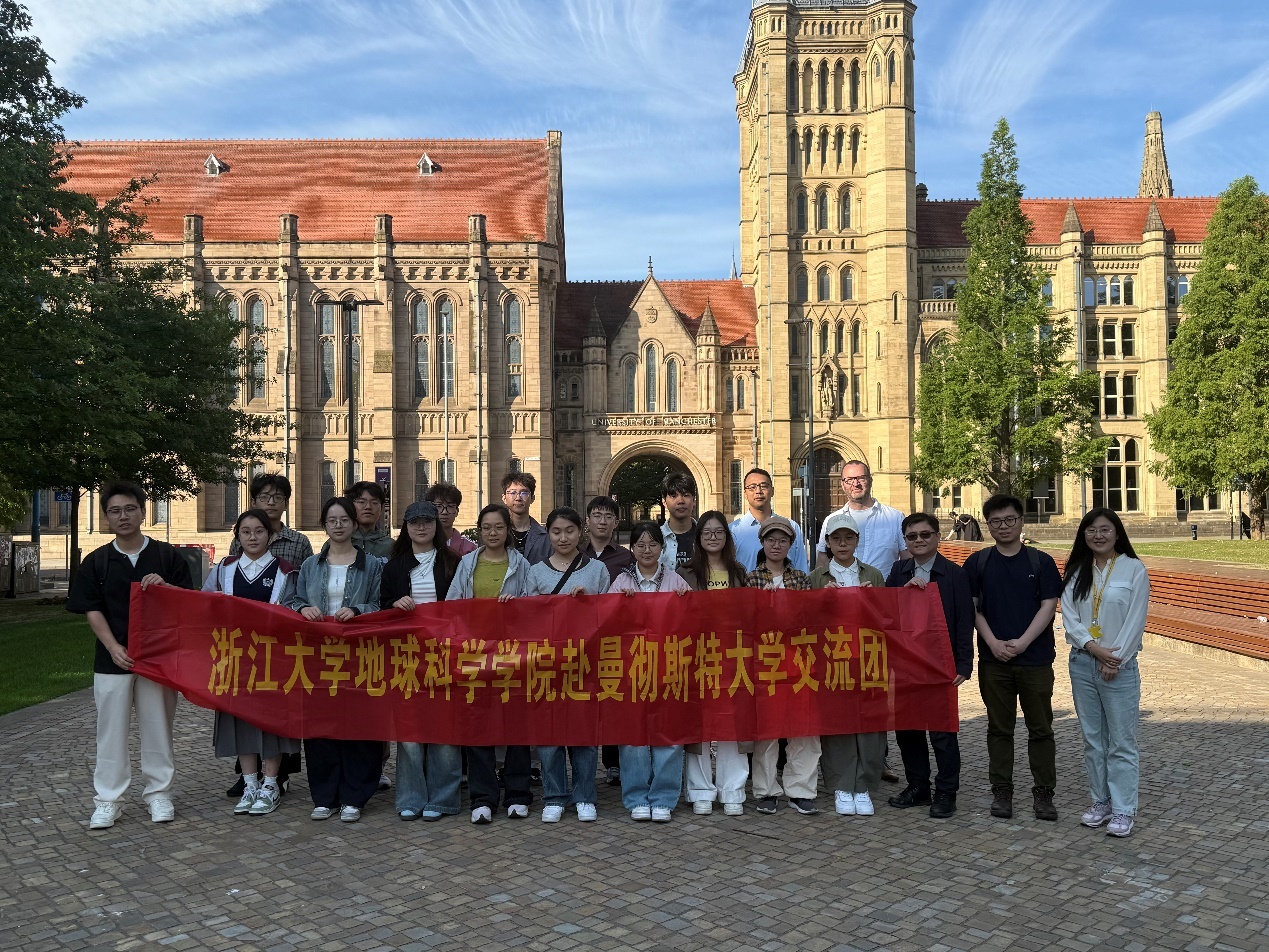
Figure2 The photo with the ZJU delegation
During the two-month program, Xu Xinpeng also actively participated in various academic activities. These included internal group meetings of the Urban Climate Research Group, cross-group seminar sharing sessions at the School of Earth and Environmental Sciences of the University of Manchester, and academic exchange lectures from other universities such as the University of Birmingham. The content covered cutting-edge urban climate models, the application of machine learning in Earth system science, the urban environment, as well as data ethics and security.
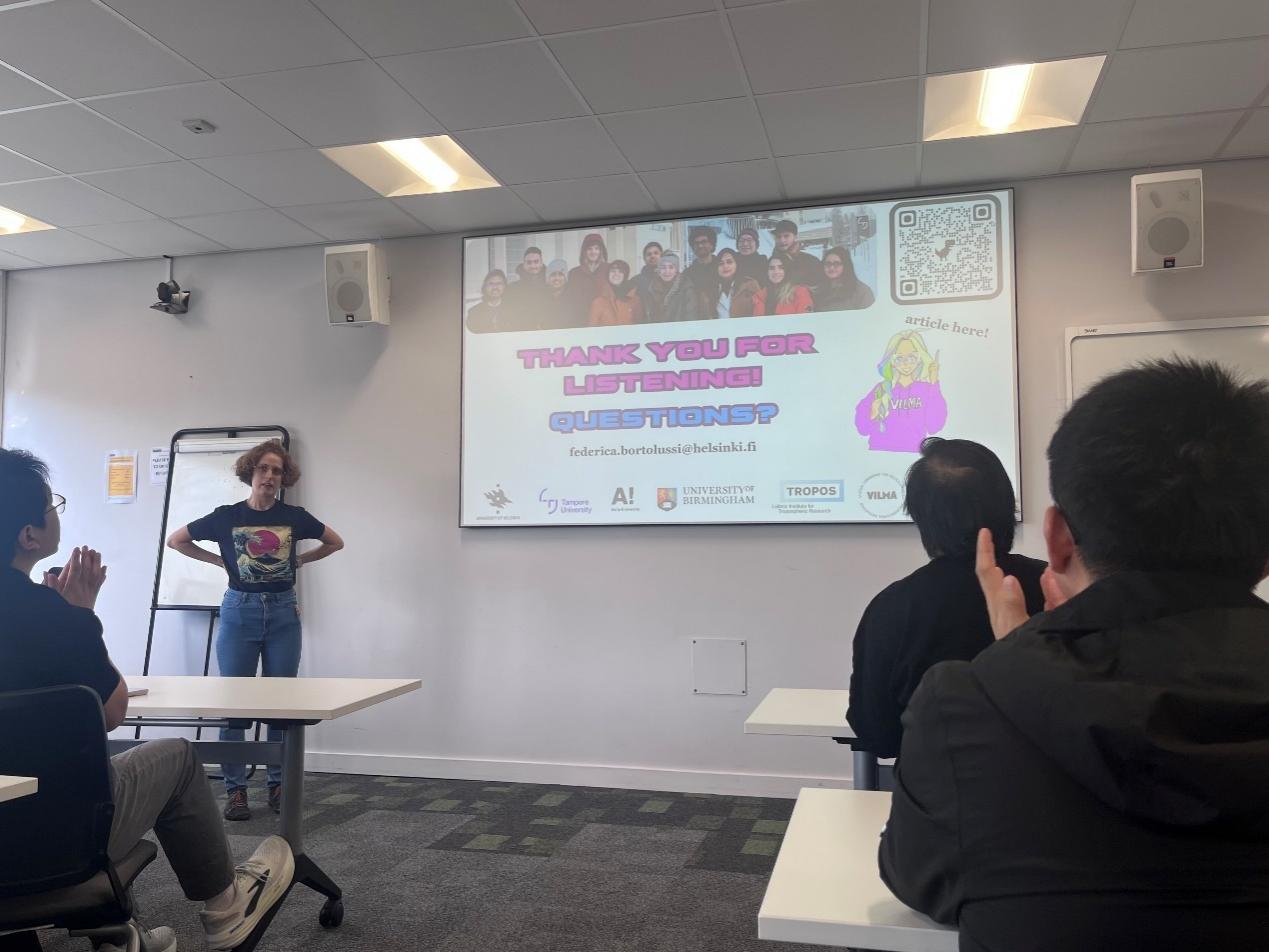
Figure3 Attending academic lecture
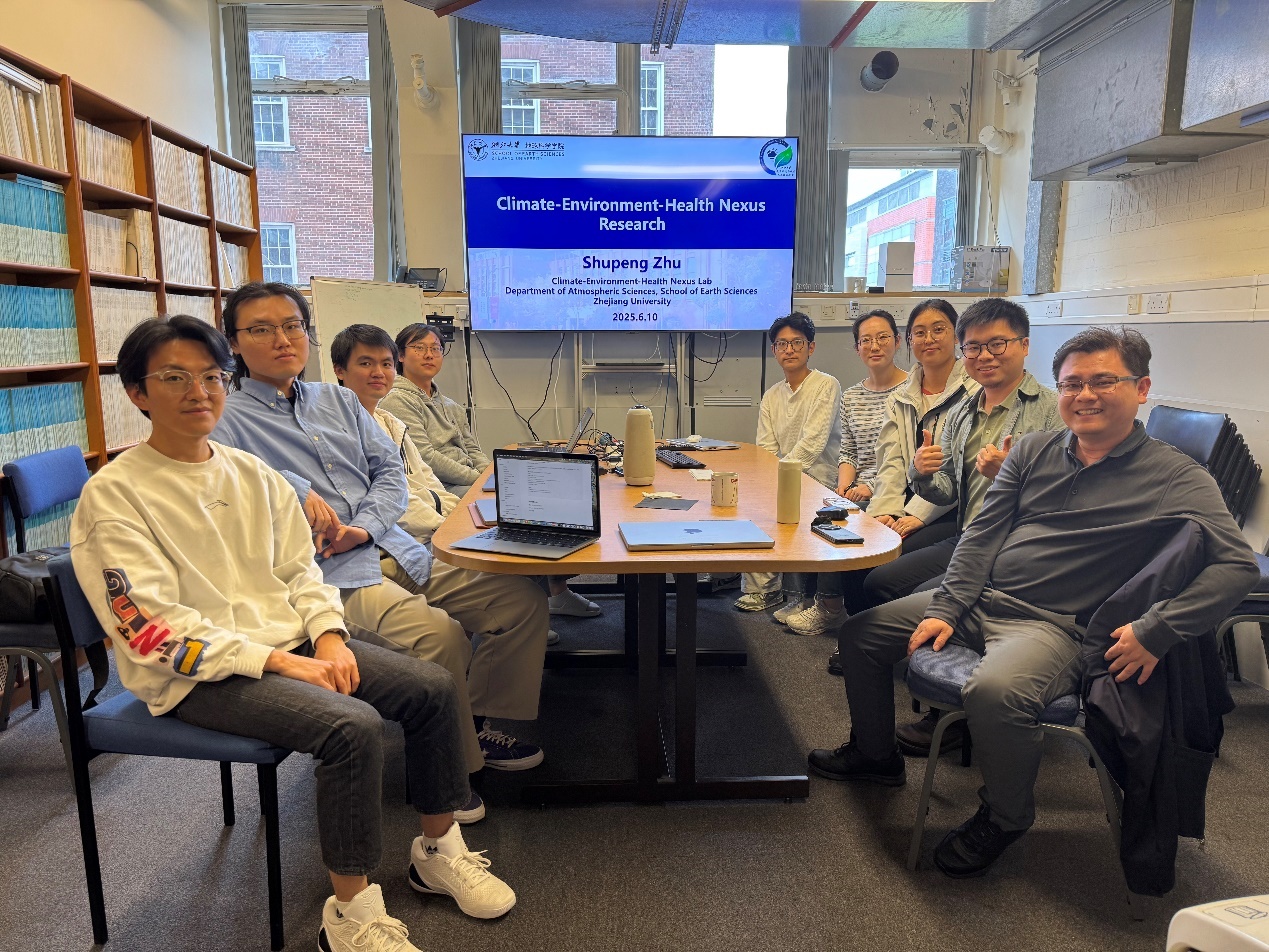
Figure4 Joint supervision meeting
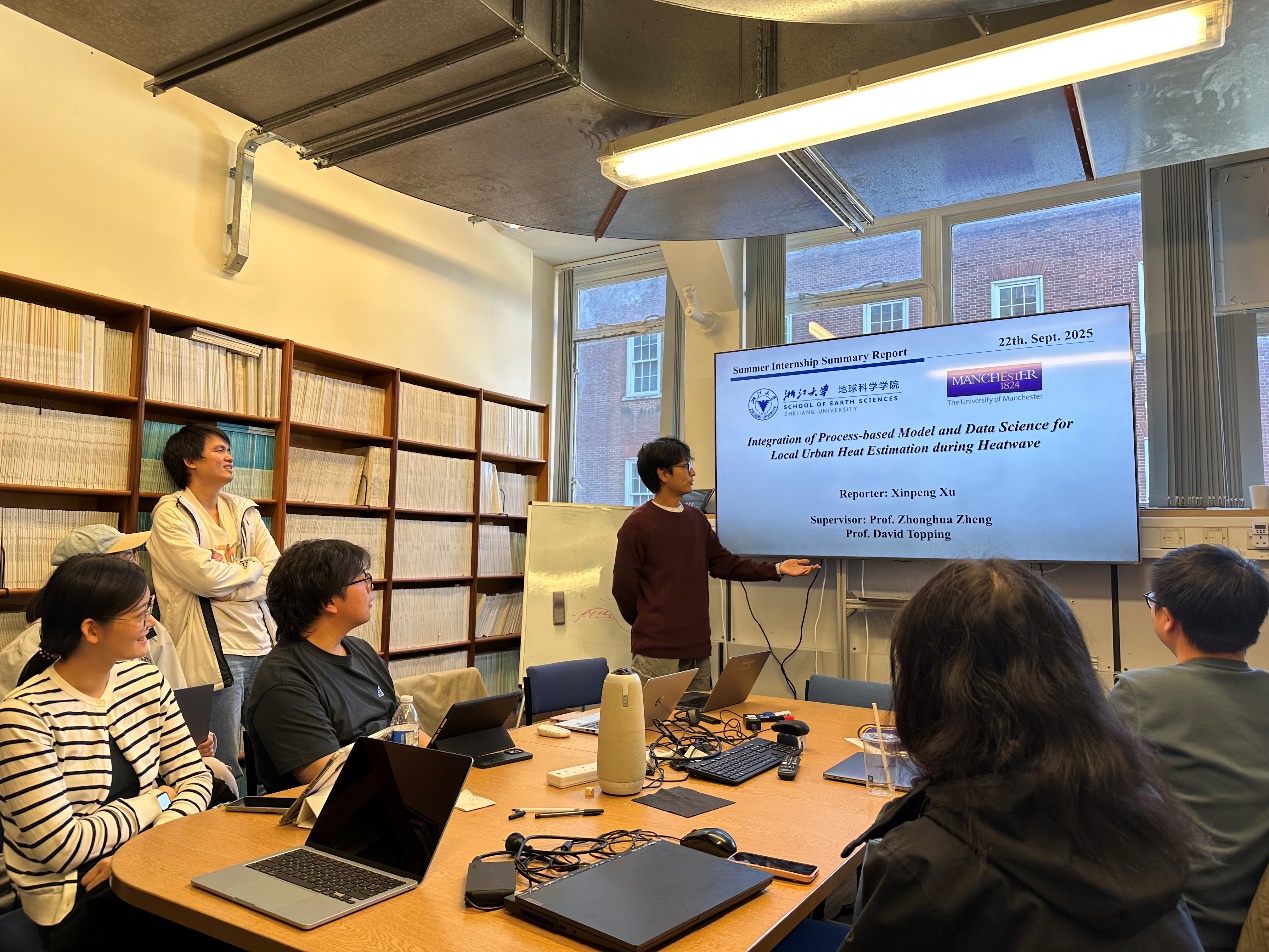
Figure5 Xu Xinpeng presenting his work
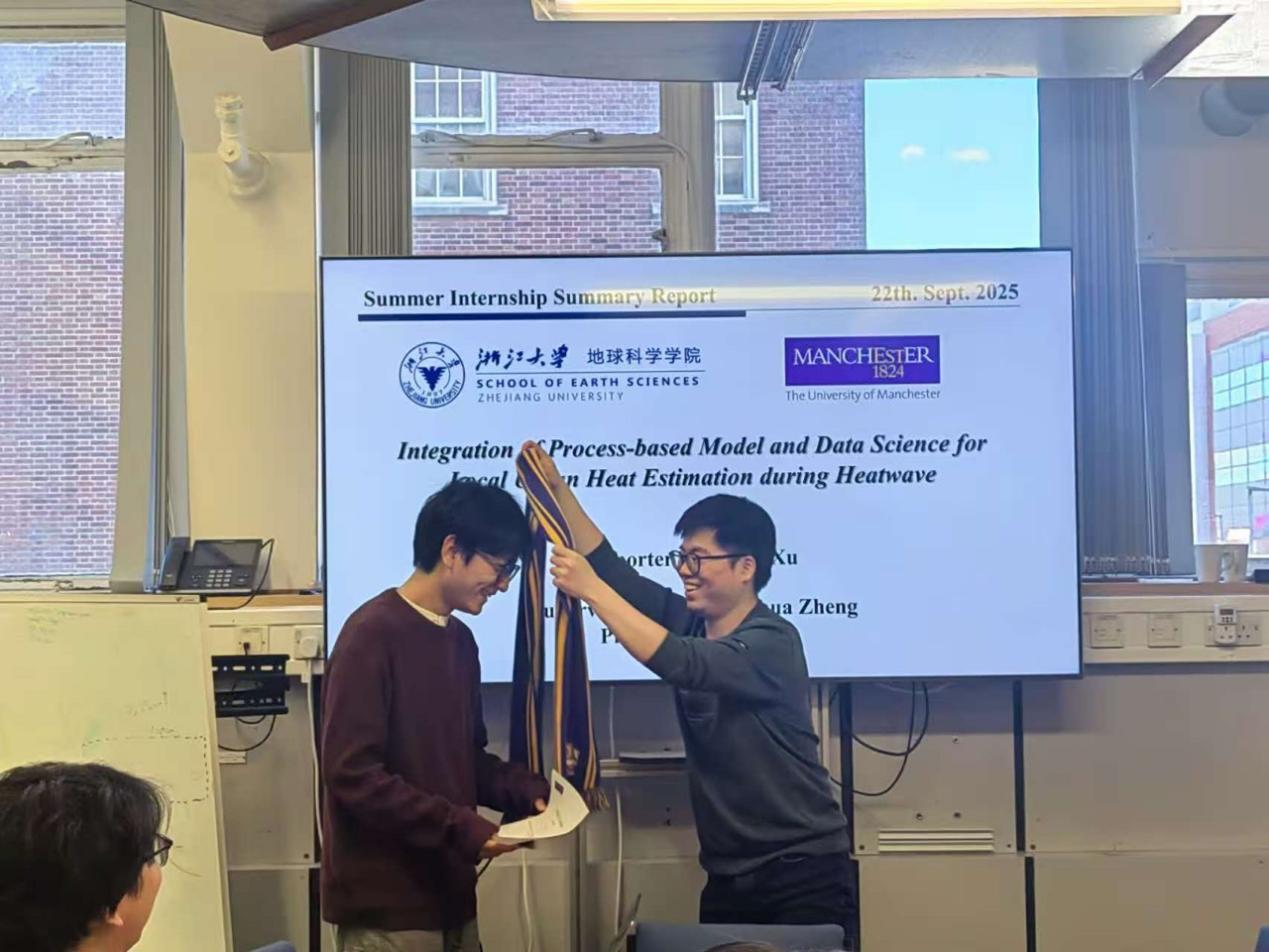
Figure6 Certificate awarded by Prof. Zhonghua Zheng
Student's Remarks
Xu Xinpeng said, "This summer research program has benefited me a lot. It has not only improved my research capabilities but also broadened my international perspective. I hope to convert every line of code and every critical thinking session I learned overseas into a 0.01℃ reduction in the temperature of cities in my motherland."
